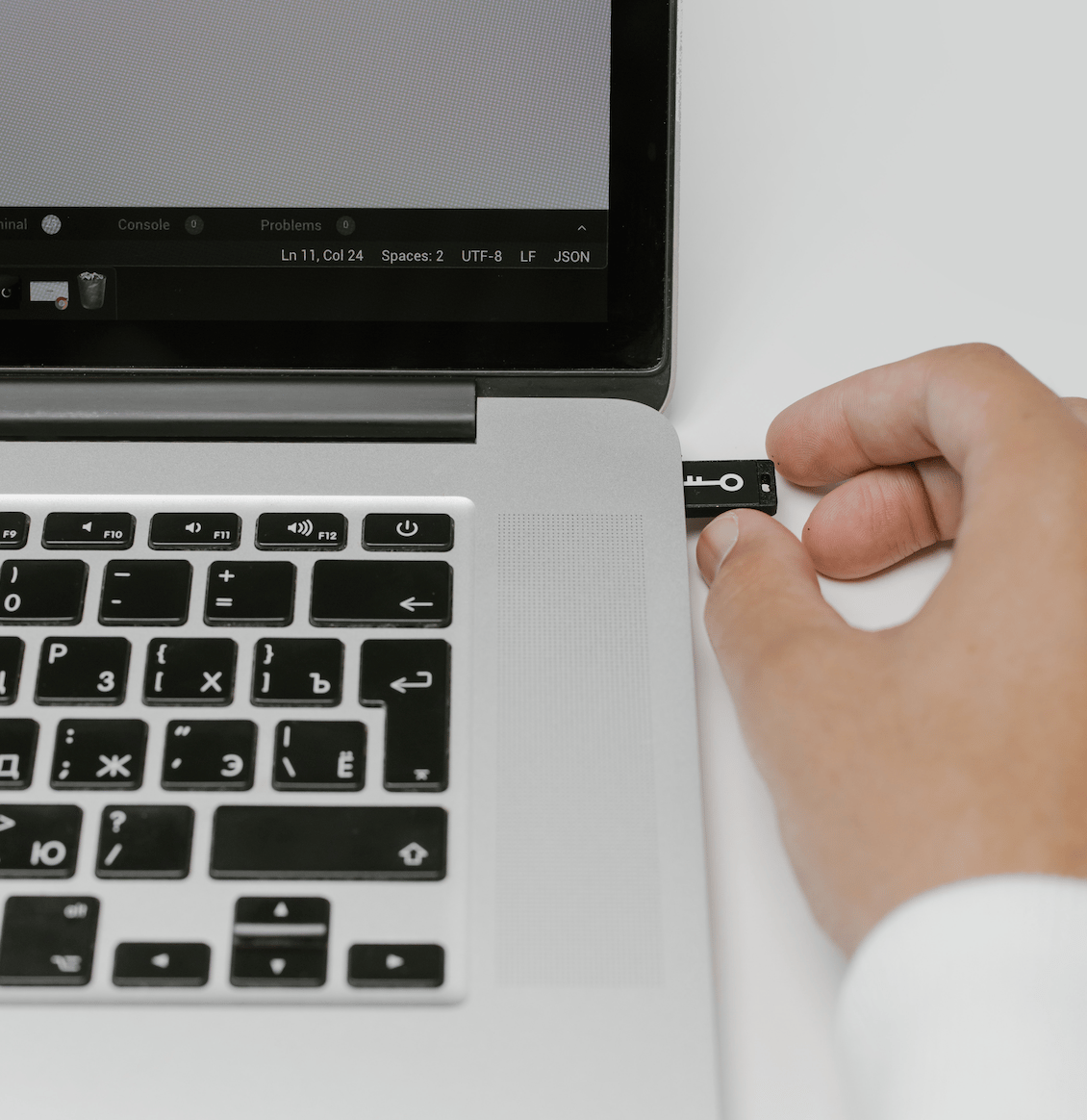10 Tips on How to Stay Safe Online as a Student
08 February 2021 • 5 min read
These tips should help you avoid the dangers of the online world 💻
At any one time, there are countless fraudsters and hackers attempting to access personal devices and information around the globe. Despite this, there are some really simple steps you can take to protect you and your smart devices from any dangers.
By following these easy to follow tips, you can browse, buy and binge-watch to your heart's content 💪
Two-factor authentication
One of the best ways to keep your personal data safe online is to enable two-factor authentication whenever possible. 2FA allows you to designate two points of authentication when logging into services. For example, when you log in to a website online, the service provider may text or call your personal telephone number with a identification code to submit online.
2FA is great for both preventing data breaches, and also identifying you when you need to change your password in a hurry.
Check for leaks
Data hacks are on the rise, and businesses like EasyJet, British Airways and TSB have all been victims of data breaches in recent years. If you regularly buy things online or have a large digital presence, it may be worth checking if your data has been stolen and is being shared on the dark-web.
Thankfully, there are many services available that can check within seconds if your passwords have been exposed. Have I Been Pwned and credit score checker ClearScore are both excellent places to start.
Use protection
It may sound super corny, but using virus and malware protection is a must for any student taking their course seriously. It's not worth the risk to your coursework, dissertation or PHD to not have some layer of protection for documents that are pivotal to your university career.
While there are countless providers out there, some of the most popular choices include Norton Antivirus, AVG Antivirus and McAfee Antivirus.
Regularly change your password
At university, it's almost inevitable that at some point you'll share a password with a fellow student. Maybe you're sharing a login to Spotify or Netflix, or you simply need someone to print something off for you last minute.
Regardless of who you share it with, you should immediately change it at your earliest convenience. While it's unlikely you'll suffer serious personal damages from sharing a password with a mate, you never know how your relationships can change in the future. It's simply not worth the risk of not taking a few minutes to change your passwords regularly.
Dig deeper into who sent you an email
Gone are the days of simply having to refuse down 40 million dollars from a prince in a faraway land. Figuring out what is a genuine email and what's a fraudulent one is getting much harder.
Fraudsters are using increasingly sophisticated tactics to trick people into handing over personal information – nowadays, it’s not just your nan who can’t tell the difference. These spam emails are getting really convincing, so it's important you stay vigilant.
Keep an eye on the email address: does it match the domain it's being sent from? If not, then it's likely a spoofed email contact. In this scenario, it's typically best to report the email to your email service provider and to flag it as spam.
Check for an SSL certificate
An SSL (secure sockets layer) certificate is a great indicator that a website can be trusted when submitting personal information or making payments online. Most people identify an SSL certificate as a small little padlock next to the URL of the website you are visiting.
With most popular web browsers, if you click on the certificate, you can view more information about the site and the recency of their certificate. If you're visiting a website without an SSL certificate, your browser should flag that the connection is not secure, and you should not be sharing any personal information with the website.
Personally identifiable information
Don’t share more than you have to. This is actually just excellent life advice in general. The more you share on the internet, the easier it is for wrong-doers to make a digital profile based on your likes, dislikes, and other easily accessible information.
However, if you cannot resist snaps on your doorstep or sharing everything from your breakfast to your dreams on your timeline - consider making your social media profiles private and only accepting followers from people you know.
Don’t poke the trolls
If someone's causing you hassle online, it may be incredibly tempting to fire something back and stand your ground. While it may feel empowering, the best thing you can do in response to online trolls is to report it to the relevant authorities and the website/s you're using.
If you're being threatened or bullied by a fellow student, most universities are well versed in handling this form of aggression and typically take a firm stance protecting their students.
Avoid public Wi-Fi
Simply put, you should be avoiding all public Wi-Fi if it's not maintained by a trusted institution, like your university. When you log into a public network, you have no idea who could be accessing your personal information via that connection.
It may seem like a good idea at the time to sign into a public network while waiting for a kebab on a night out - but try to avoid it. It's just not worth it in a time where 4G and 5G connections are so prevalent.
How do you stay safe online? Let us know over on Instagram!




